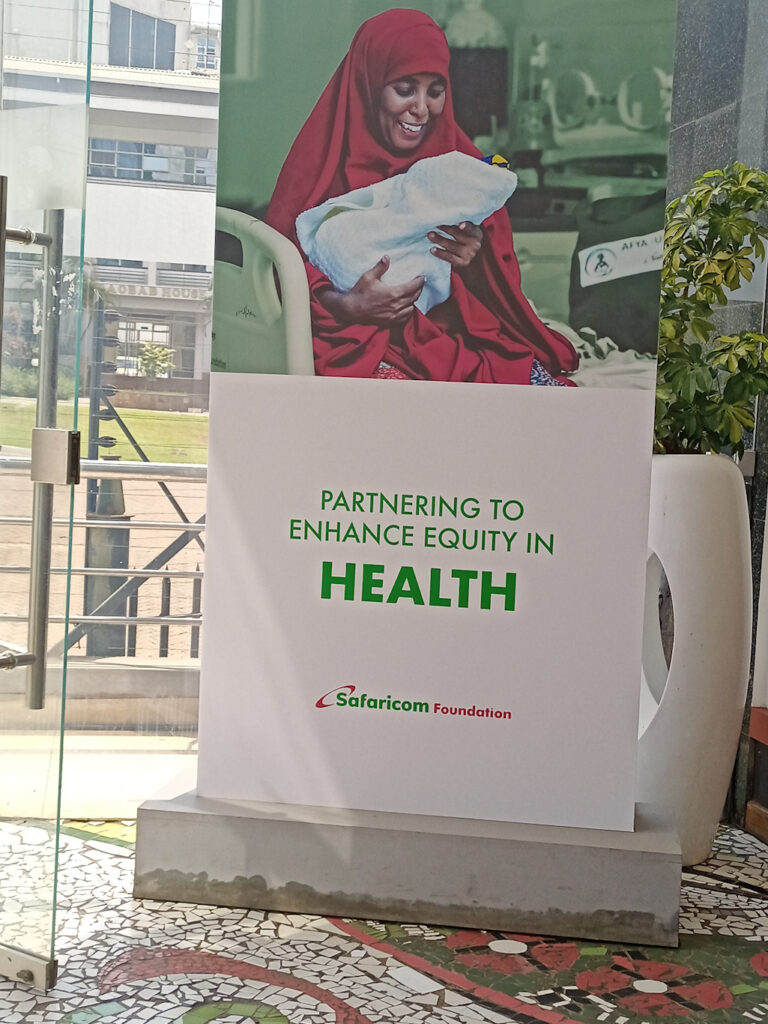The Kenyan government has approved a significant project to digitize its healthcare system, led by Safaricom. The KSh 104.8 billion Integrated Information Technology System (IITS) aims to improve patient care, streamline operations, and enhance access to healthcare services nationwide.
The National Assembly’s Health Committee has given its approval to Safaricom’s KSh 104.8 billion Integrated Information Technology System (IITS) for Universal Healthcare.
Despite initial concerns about the procurement process and Safaricom’s involvement, the committee concluded that the project was legally sound and transparent.
The Ministry of Health (MoH) awarded a substantial contract to a consortium led by Safaricom PLC to implement the IHTS. The consortium, comprising Safaricom, Apeiro Digital, and Konvergenz Network Solutions Limited, will transform Kenya’s healthcare system into a fully integrated digital platform. This platform will enhance patient care, streamline operations, and strengthen the medical supply chain.
Addressing Committee Concerns
The committee addressed several key concerns raised by its members during a press briefing. These included the project’s legal framework and the rationale for choosing Safaricom as the lead partner.
The Ministry of Health provided clarification on the procurement process, confirming that all legal requirements were met, including obtaining approval from the Attorney General’s office.
Regarding Safaricom’s selection, the Ministry emphasized its extensive technological capabilities and network coverage, particularly its 5G network reaching 77% of Kenyans and overall coverage of 99%. This made Safaricom the most suitable partner for a project requiring reliable connectivity, especially in remote areas.
Project Scope and Benefits
The KSh 104.8 billion project aims to establish a comprehensive, integrated healthcare system in Kenya.
Key Components of the IHTS Project
- National Health Information Exchange (HIE): Unifying patient records across all healthcare facilities to improve access to comprehensive patient histories and reduce treatment delays.
- Hospital Management Information System (HMIS): Digitizing operations in public health facilities to enable instant access to patient records and facilitate more accurate clinical decision-making.
- Infrastructure Rollout: Providing 70,000 mobile tablets, 5,000 laptops, reliable internet connectivity, and power backup systems to the public healthcare workforce nationwide.
- Health Cloud: Establishing a locally hosted health cloud for secure data storage, adhering to Kenyan data protection laws.
- Artificial Intelligence (AI) and Machine Learning (ML): Leveraging AI and ML tools for proactive health management and clinical decision-making.
- Supply Chain Digitization: Digitizing the Kenya Medical Supplies Authority (KEMSA) supply chain to ensure real-time visibility of inventory levels, prevent stockouts and combat counterfeit drugs.
- Health Insurance Platform (HIP): Improving the efficiency of healthcare payments through real-time authentication of insurance claims, fraud prevention, and process automation.
These components will work together to enhance healthcare efficiency, improve access, and improve overall health outcomes.
Addressing Implementation Challenges
The committee acknowledged potential challenges such as electricity and network connectivity issues in some hospitals. The Ministry of Health and the Social Health Authority addressed these concerns by outlining plans to provide backup power and ensure system functionality in offline mode.




